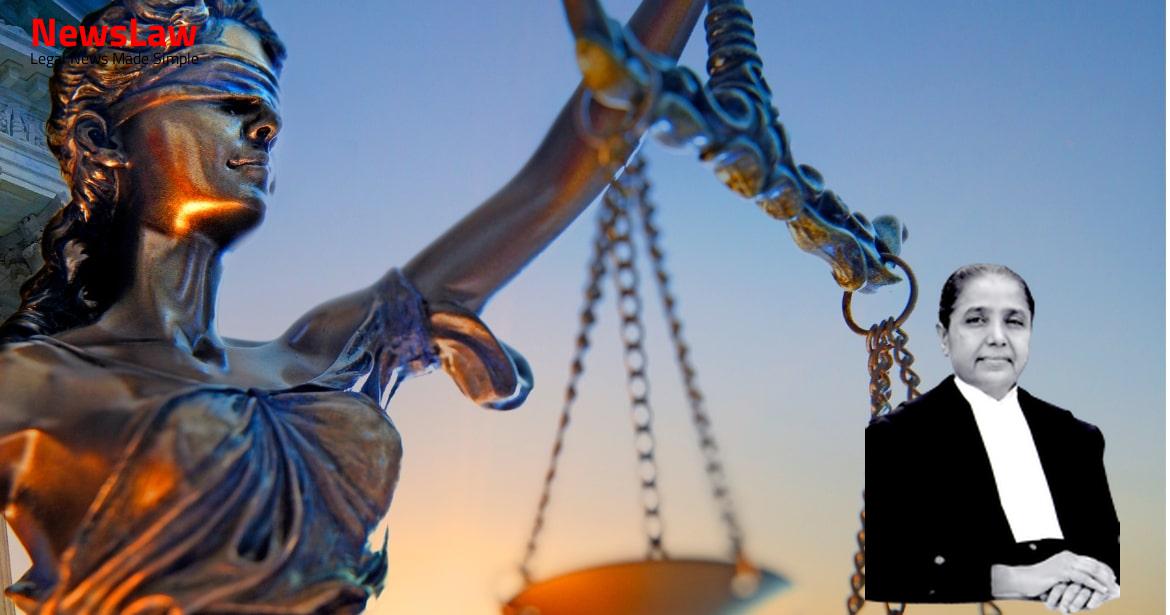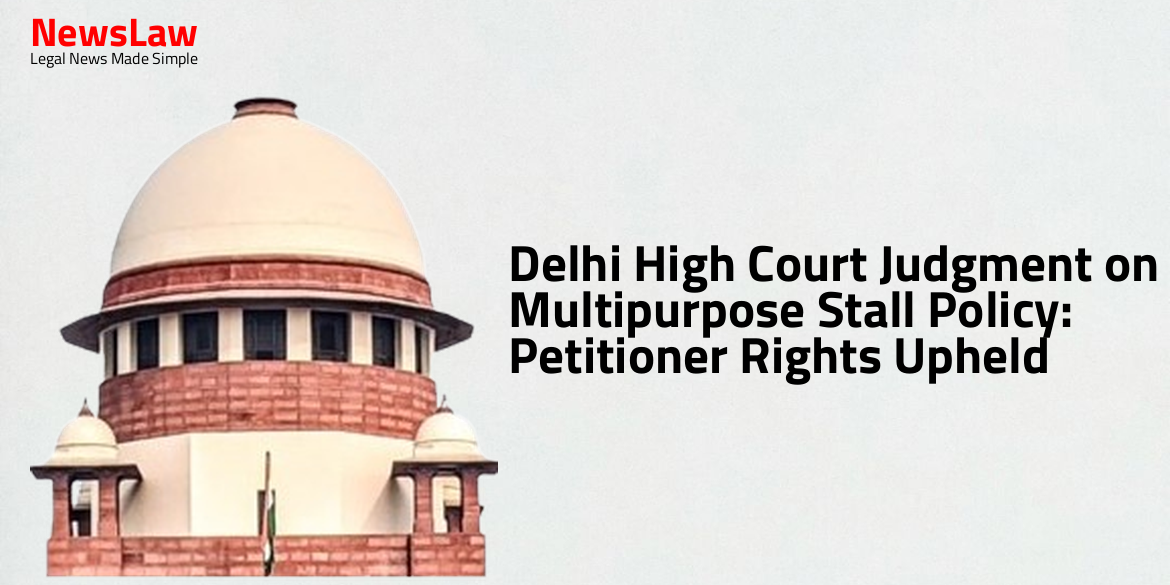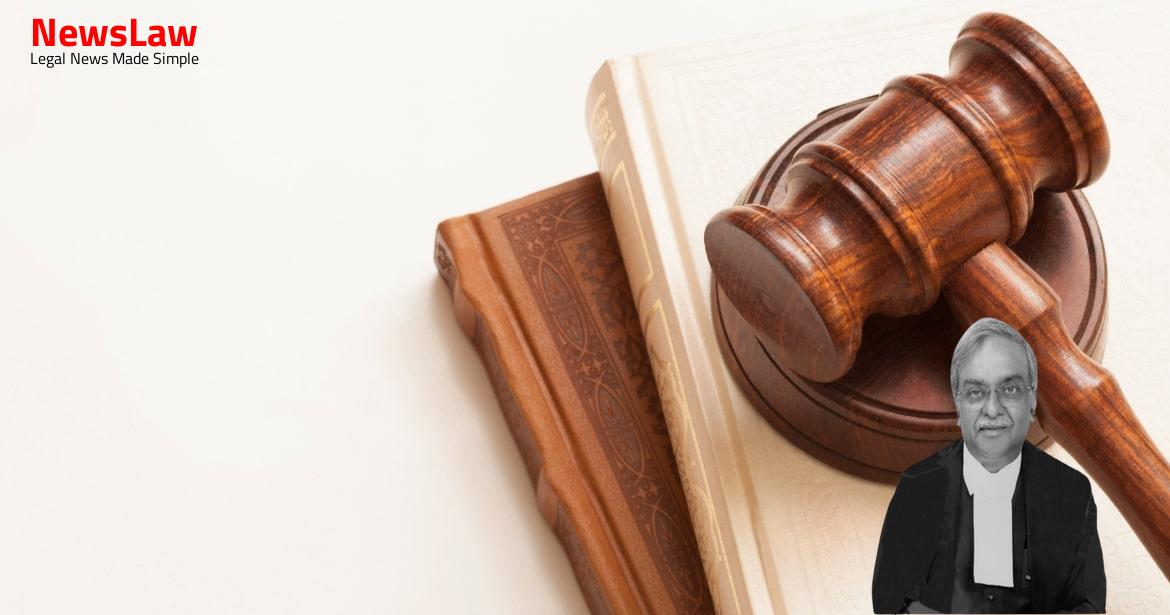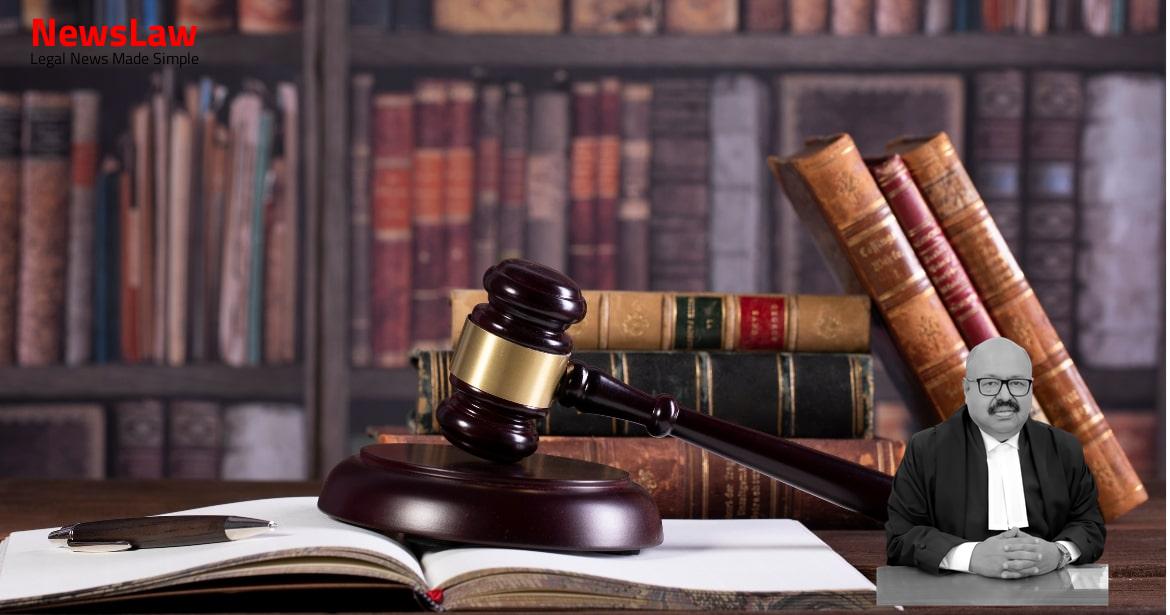The court’s thorough legal analysis on patent illegality in arbitral awards has set a significant precedent in the realm of arbitration law. By examining the grounds for setting aside domestic awards under Section 34(2A) of the Arbitration and Conciliation Act, the court’s decision sheds light on crucial aspects of contractual interpretation and the limits of arbitral discretion. This case summary delves into the legal intricacies of the court’s findings, emphasizing the importance of consistency in judicial pronouncements and adherence to established rules of interpretation.
Facts
- NEEPCO filed applications challenging three arbitral awards before the Additional Deputy Commissioner (Judicial)
- High Court allowed respondent’s appeals and set aside the judgment of the Additional Deputy Commissioner (Judicial)
- NEEPCO filed special leave petitions before the Supreme Court which were dismissed
- Review petitions were filed by NEEPCO before the High Court based on errors in the judgment dated 26.02.2019
- High Court declined to entertain the review petitions citing no grounds for review and delay in filing
- NEEPCO filed three appeals under Section 37 of the Act before the High Court in Arbitration Appeal No(s). 3, 4, and 5 of 2018.
Also Read: Jurisdiction of Family Court in Cases under Muslim Women’s Protection Act
Arguments
- The petitioners argued that the High Court’s judgment dated 26.02.2019 erroneously applied provisions prior to the Amendment Act, 2015.
- They contended that the High Court relied on outdated decisions no longer valid after the Amendment Act, 2015.
- The petitioners claimed that the High Court’s judgment suffered from errors apparent on the face of the record.
- They stated that seeking a review of the judgment was justified due to these errors.
- The petitioners drew support for their arguments from cases like HRD Corporation and Ssangyong Engineering and Construction Company Limited.
- It was contended that the dismissal of the earlier SLP dated 19.07.2019 was a non-speaking order, and all contentious points were already raised during that proceeding.
- The petitioners argued that they should be allowed to file a review petition despite the non-speaking nature of the previous dismissal.
Analysis
- The ground of ‘patent illegality’ has statutory force in Section 34(2A) of the 1996 Act for setting aside domestic awards.
- Patent illegality cannot be invoked in international commercial arbitrations seated in India or in foreign awards under the New York Convention.
- The proposed proviso to section 34(2A) clarifies that an award cannot be set aside solely for an erroneous application of the law or reappreciation of evidence.
- The decision in the case of ONGC v. Saw Pipes Ltd led to unintended consequences, necessitating a balance to avoid excessive intervention.
- The principle of not entertaining special leave petitions unless the basic judgment is challenged was reinforced in various judgments.
- Consistency in the administration of justice is highlighted as a cornerstone, emphasizing adherence to precedent judgments.
- The ground of patent illegality allows setting aside awards if the decision of the arbitrator is found to be irrational or against contract terms.
- The introduction of sub-section 34(2A) provides a basis for setting aside domestic awards if they are vitiated by patent illegality.
- The principle of construction of contract terms being primarily for arbitrators unless irrational is emphasized.
- The High Court’s reliance on legal precedents in determining the validity of arbitral awards is discussed.
- The findings of the Arbitrator were irrational and perverse due to considering irrelevant factors and ignoring vital clauses.
- Consistency in judicial pronouncements and established rules of interpretation were emphasized.
- Payment of Rs. 56 Lakh per truck for sand or boulder transportation was viewed as unjust enrichment against Indian law’s fundamental policy.
- Interference with the Arbitral Awards and the order dated 27.04.2018 was considered necessary under Section 37 of the Arbitration and Conciliation Act, 1996.
- Dismissal of the previous SLP without seeking liberty and subsequent filing of a review petition were highlighted.
- The importance of interpreting Clauses 2.7 and 3.4 of the BoQ and Clauses 32(ii)(a) and 33(iii) of the Conditions of Contract in line with established rules was stressed.
- The High Court’s findings recognized the potential effect of the Arbitral Award on the public exchequer and the risk of unjust enrichment.
- Section 28(1)(a) of the Arbitration Act states that in arbitration other than international commercial arbitration taking place in India, the arbitral tribunal must decide the dispute according to the substantive law of India.
- A contravention of the Arbitration Act itself constitutes a patent illegality, such as when an arbitrator fails to provide reasons for an award in violation of Section 31(3) of the Act.
- The third sub-head of patent illegality involves a contravention of Section 28(3) of the Arbitration Act, which pertains to the rules applicable to the substance of the dispute in all cases.
- The High Court rejected the contentions raised in the earlier round of challenge to the substantive Judgment dated 26.02.2019.
- The challenge was previously dismissed by the Court in an Order dated 19.07.2019 through the dismissal of the earlier SLPs.
- Filing a review petition on the same grounds is not permissible, as they have been rightly dismissed by the High Court.
- The High Court applied the test set out in Associate Builders (supra) and Ssangyong Engineering judgment (supra) to reach its decision.
- The High Court, while reviewing the appeal under Section 37 of the Act, found that no reasonable person could arrive at a different conclusion regarding the interpretation of the contract terms.
- The High Court concluded that the awards passed by the arbitrator were irrational and perverse.
Decision
- Special leave petitions dismissed with no order as to costs.
- High Court’s order dated 10.10.2019 dismissing review petitions upheld.
- No grounds found for interference with the impugned order.
Case Title: PATEL ENGINEERING LTD. Vs. NORTH EASTERN ELECTRIC POWER CORPORATION LTD. (NEEPCO) (2020 INSC 403)
Case Number: SLP(C) No.-003584-003585 / 2020



